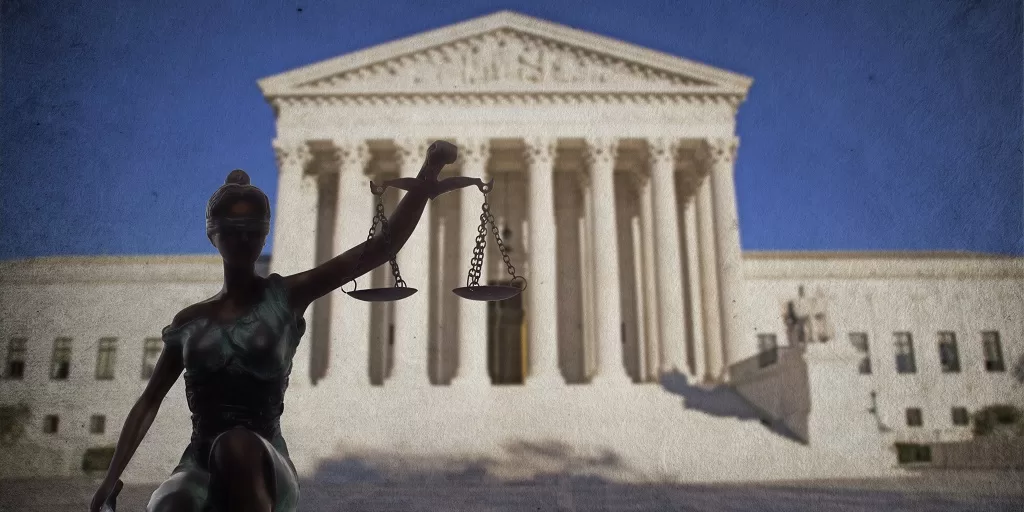Quick Bytes
- Supreme Court upholds judicial review in immigration case, impacting noncitizens seeking cancellation of removal.
- Justice Sonia Sotomayor’s majority opinion clarifies that mixed questions of law and fact are reviewable.
- The decision in Wilkinson v. Garland may affect numerous statutory provisions within the Immigration and Nationality Act.
Supreme Court Affirms Judicial Review in Key Immigration Case
The Supreme Court, in a landmark 6-3 decision, has reinforced the principle of judicial review, particularly in the context of immigration law. The case, Wilkinson v. Garland, centered on the ability of federal courts to review the application of the “exceptional and extremely unusual hardship” standard in removal proceedings. Justice Sonia Sotomayor, writing for the majority, confirmed that such reviews are permissible under the Immigration and Nationality Act (INA).
Understanding the Legal Implications
The Court’s ruling clarifies that the hardship requirement in the cancellation of removal statute is a “legal standard” rather than a discretionary determination, making it subject to judicial review. This interpretation aligns with the Court’s previous decision in Guerrero-Lasprilla v. Barr, which recognized mixed questions of law and fact as “questions of law” that are judicially reviewable.
Impact on Noncitizens and Future Cases
This decision is a significant victory for noncitizens like Situ Wilkinson, who now have the opportunity to challenge legally erroneous eligibility determinations in federal court. The ruling could also influence a wide range of other statutory provisions in the INA, potentially impacting many noncitizens seeking relief. However, the path to overturning agency decisions remains challenging, with the Court noting that mixed questions that are primarily factual may still require a deferential standard of review.
Conclusion
In conclusion, the Supreme Court’s decision in Wilkinson v. Garland opens the door for federal court review of certain immigration-related determinations, offering a glimmer of hope for noncitizens fighting for their right to remain in the United States. While the battle may be arduous, the affirmation of judicial review is a step forward in ensuring fair legal processes for immigrants.



